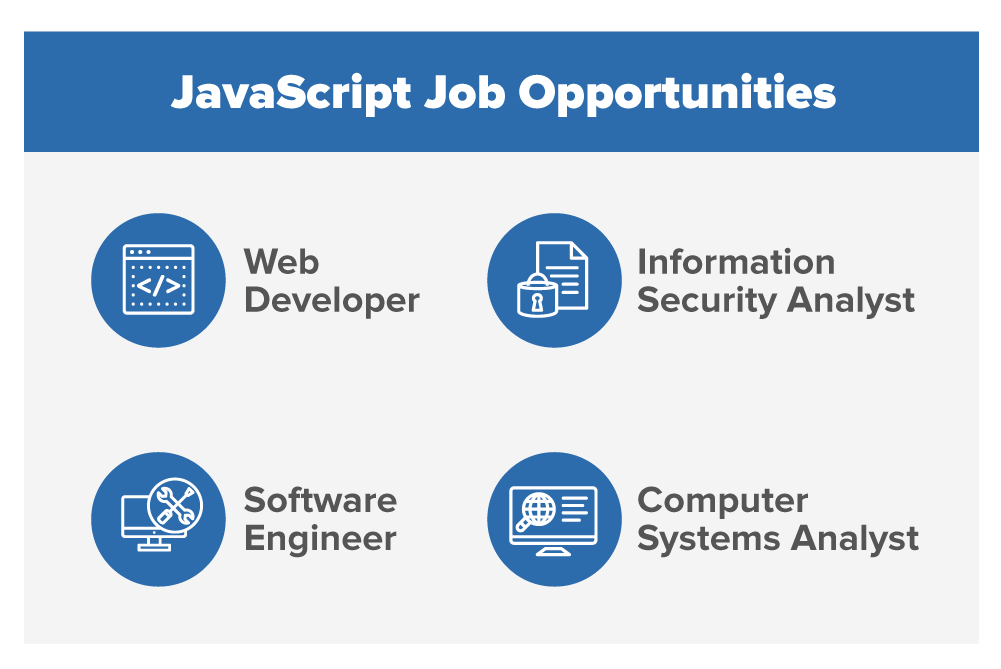Coding remains an important technical skill in 2022, with countless industries seeking coding-savvy professionals for their tech teams. That said, learning to code can seem daunting to the uninitiated — especially since the craft is practiced in multiple languages. It can help, however, to start by learning a single language as a foundation for mastering coding in general.
In this article, we will explore the process of learning JavaScript, a prevalent coding language used by developers across a variety of industries and specialties. Specifically, we will discuss the importance of honing JavaScript abilities in a coding bootcamp.
Four Reasons to Learn JavaScript in a Bootcamp
Originally introduced in 1995, JavaScript has endured as one of the most popular coding languages in the world. In fact, according to Stack Overflow’s 2020 Developer Survey, JavaScript was ranked as one of the “most loved” coding languages among surveyed developers, recording a 58.3 percent approval rating. JavaScript was also ranked the second “most wanted” language by the same survey.

Such findings are a testament to JavaScript’s enduring usefulness and accessibility. And, as a result, JavaScript is an ideal gateway to learning to code.
While there are many ways to approach learning JavaScript, one of the most practical, efficient, and cost-effective ways is through a bootcamp. These courses teach coding fundamentals in a fast-paced yet comprehensive learning environment, using real-world projects to teach the in-demand skills that employers are seeking in candidates. Many different types of coding bootcamps are offered, but it’s important to take the time to find the right one — one that has credibility and will stand out to employers, such as Columbia Engineering Coding Boot Camp. Make sure to do your research so that you’ll be happy with your choice and gain the career success a great bootcamp can enable.
There are a number of reasons that bootcamps are a great way to learn to code. Let’s explore the top four reasons that make bootcamps a great fit for new JavaScript coders.

 Live Chat
Live Chat
